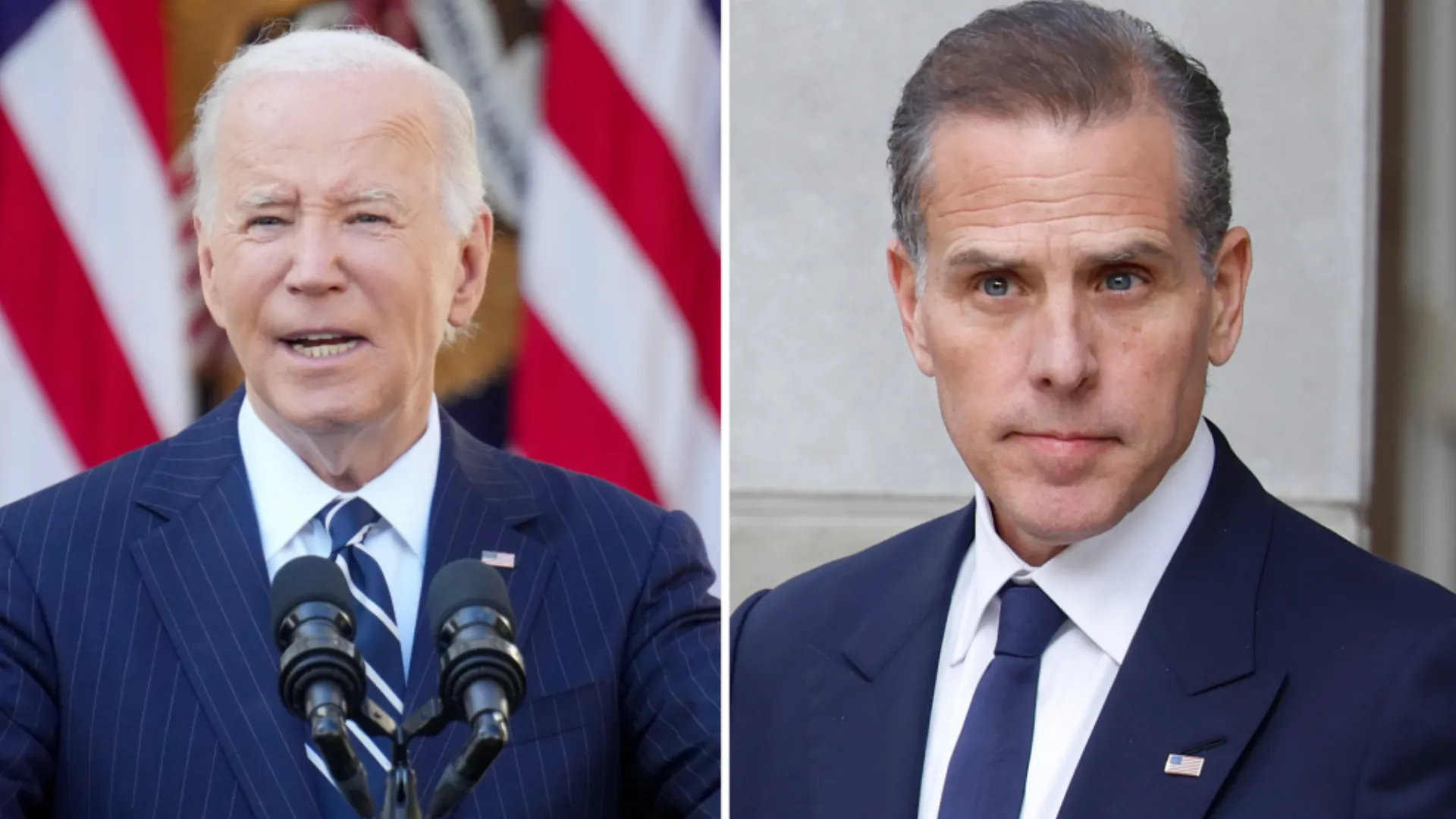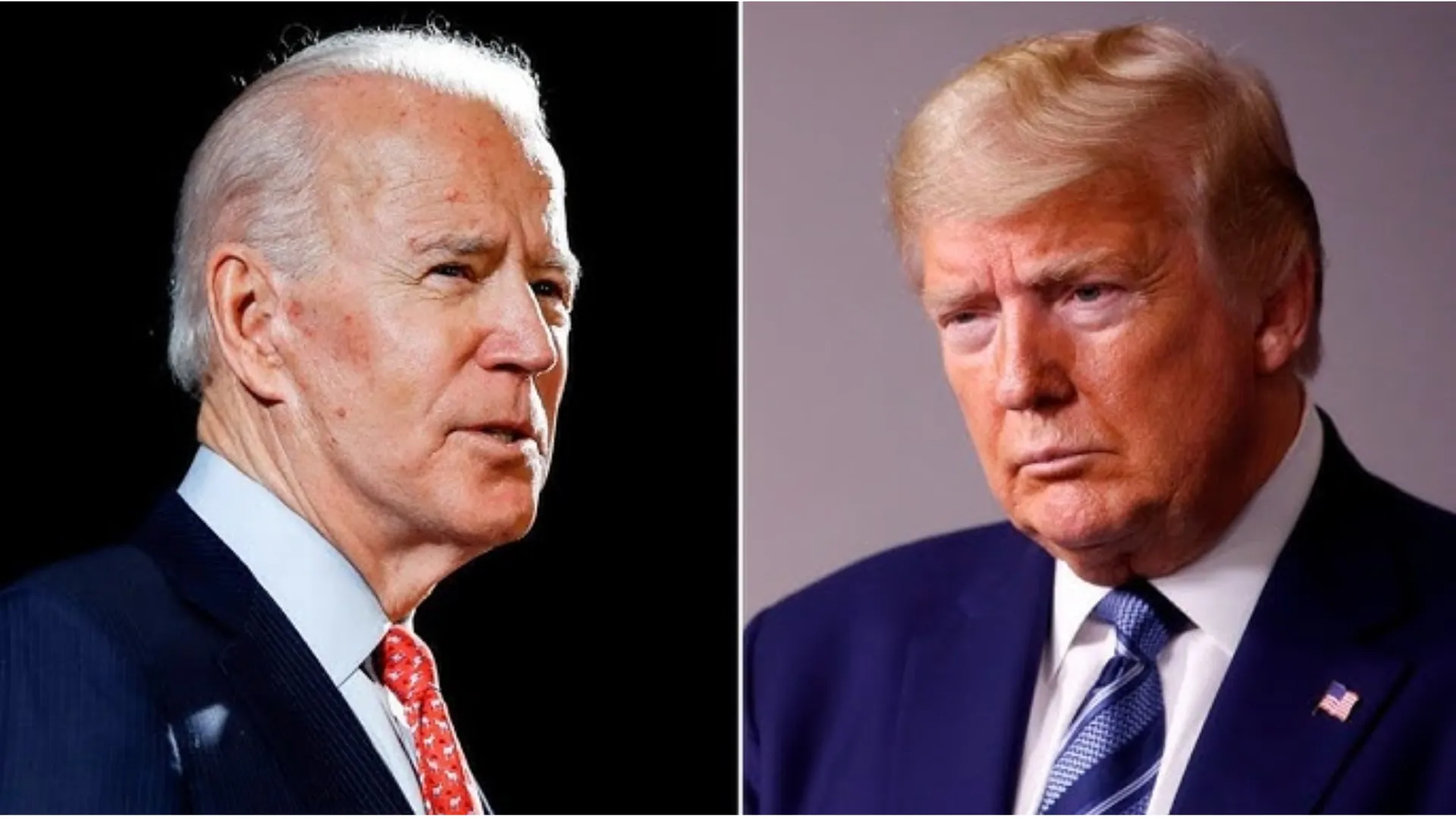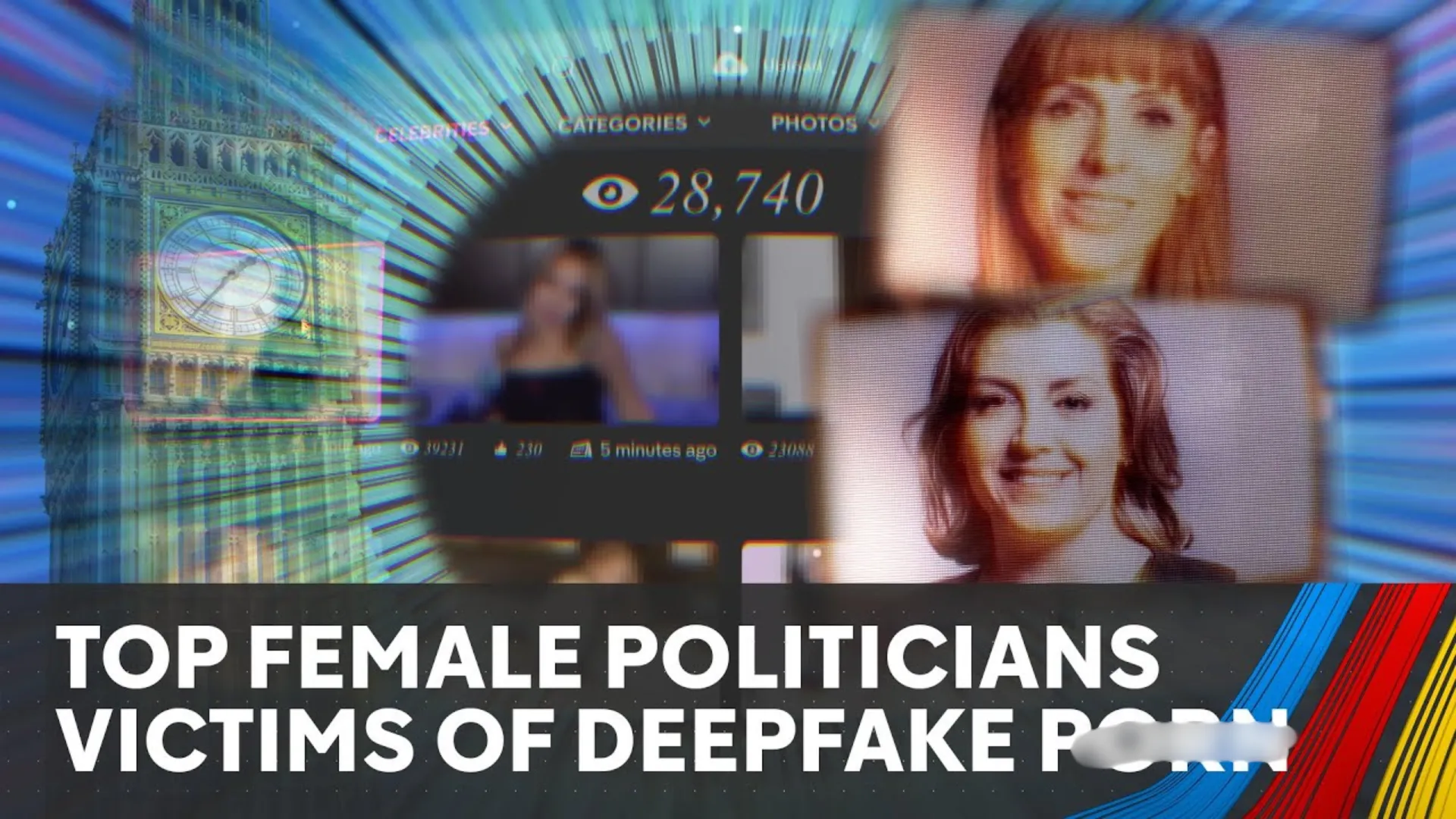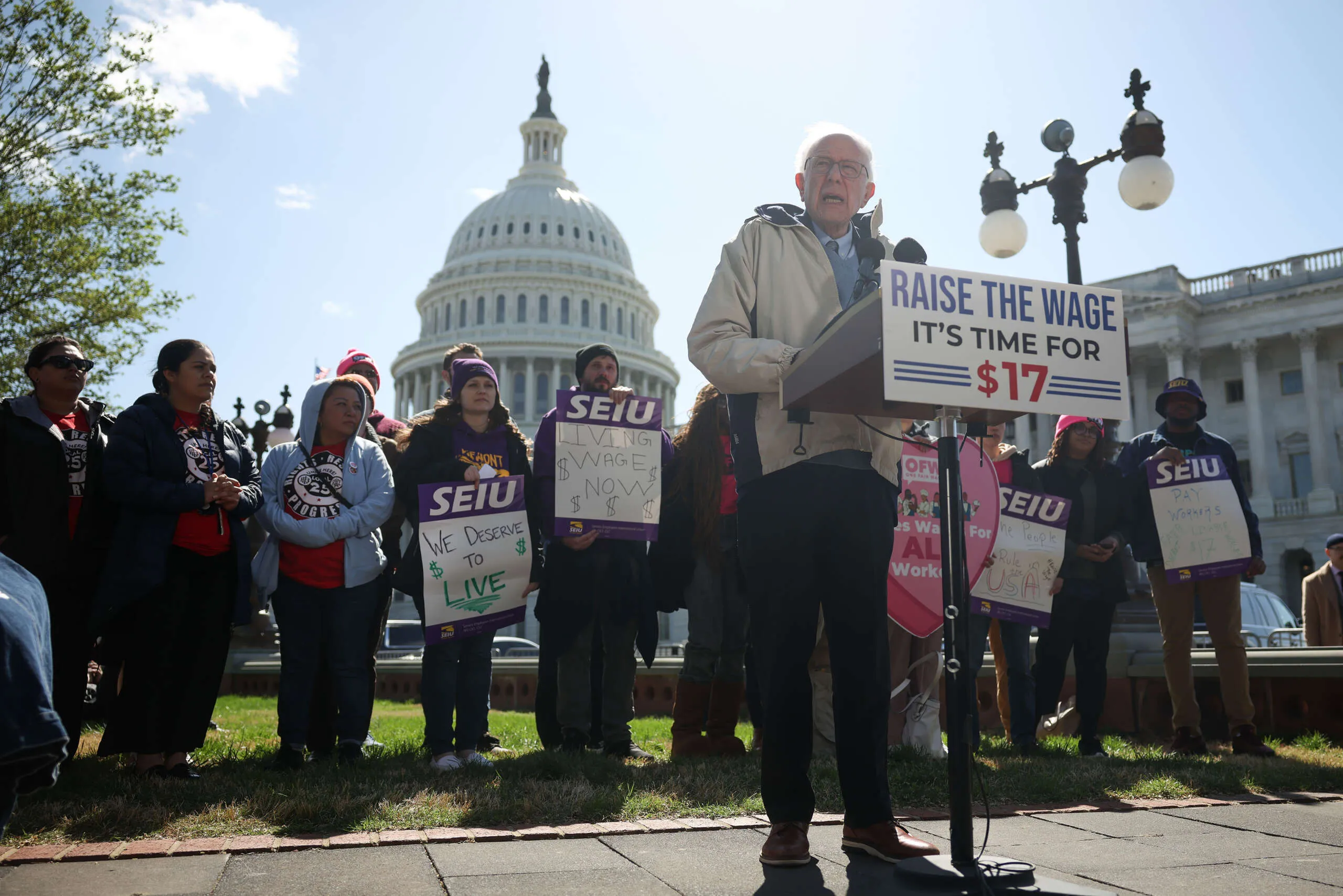
On a rainy Tuesday morning, in a packed federal courtroom just blocks from the Capitol, District Court Judge Loren AliKhan issued a sharp rebuke to President Donald J. Trump’s most recent executive order — a controversial directive that effectively blacklisted law firm Susman Godfrey from federal government business.
“The framers of our Constitution would see this as a shocking abuse of power,” AliKhan said from the bench, her voice measured but unmistakably firm.
With those words, she placed a temporary hold on key portions of the order, marking the fourth time in recent months that a federal judge has found Trump’s legal attacks on law firms likely unconstitutional.
At the heart of the case lies a battle over power — presidential authority versus constitutional protections — and a political climate in which the very function of legal representation is being pulled into partisan warfare.
Susman Godfrey, a prominent litigation firm based in Houston, made national headlines last year when it helped secure a $787 million defamation settlement from Fox News on behalf of Dominion Voting Systems.
That lawsuit centered on the network’s repeated broadcasting of false claims about the 2020 election — claims closely tied to Trump and his allies.
In retaliation, the former president issued an executive order barring the federal government from contracting with any entity that retains Susman Godfrey, and further prohibiting the firm’s employees from entering federal buildings.
“This is not just political theater,” said Don Verrilli, former U.S. Solicitor General under President Obama and lead counsel for Susman. “It’s a direct threat to the independence of the legal profession — and, by extension, the rule of law itself.”
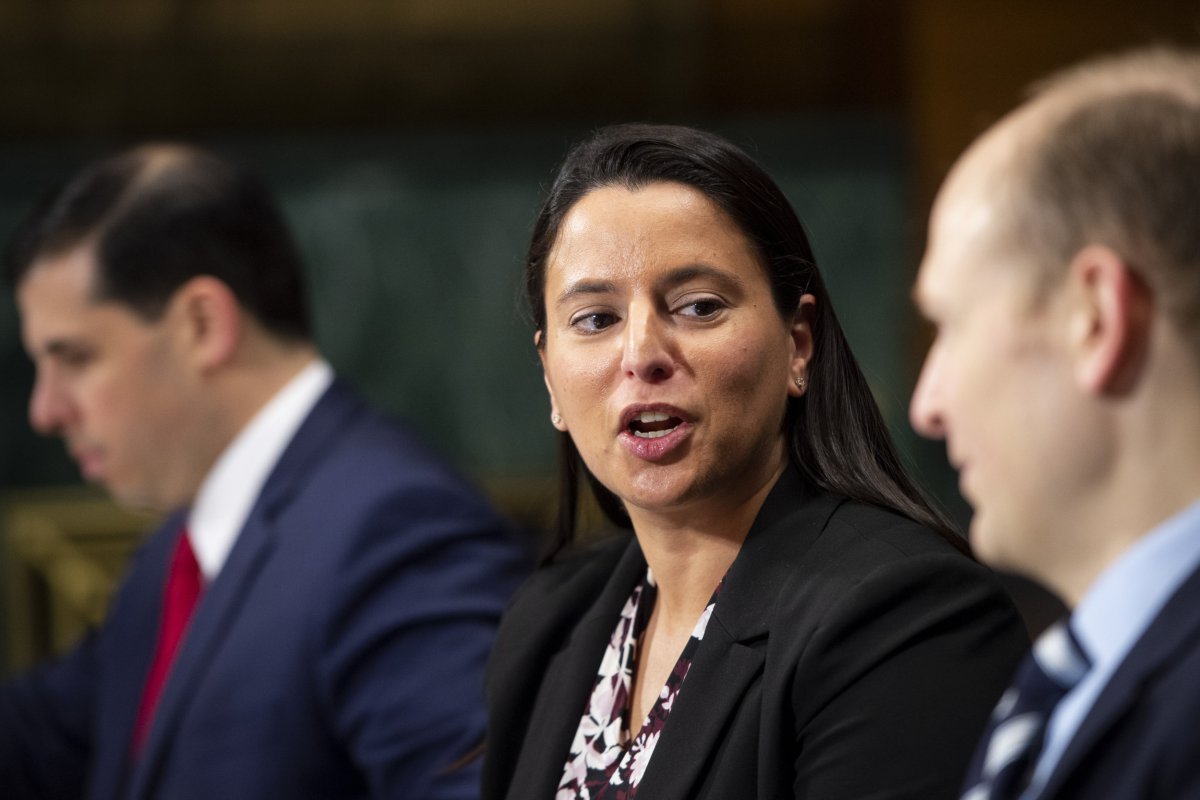
The legal community, already on edge due to rising political pressure around “lawfare” cases, reacted with alarm when Trump signed Executive Order 14097 in late March — the directive targeting Susman Godfrey and, by implication, any firm representing clients opposing the president’s claims about the 2020 election.
While the order focused on Susman, it also listed general criteria that could be used to punish any legal entity “found to have engaged in litigation that undermines public confidence in federal elections.”
Critics saw it as a blacklist. And in Susman’s case, the punishment was immediate. Government contracts were halted. Clients were warned of “compliance issues” if they continued to use Susman.
And employees — including support staff, interns, and paralegals — were barred from entering federal buildings, including courthouses where they were actively litigating unrelated cases.
“We weren’t warned. We weren’t even notified,” said Liz Chang, a partner at Susman. “We found out when security guards turned away two of our attorneys at a courthouse in D.C. It was surreal.”
The firm filed an emergency motion in federal court the next day, seeking an injunction on the grounds that the order violated both the First and Fifth Amendments. The court agreed to hear the case immediately, given the chilling implications for due process and the right to legal representation.
In court, Verrilli delivered a pointed warning.
“We are sliding very fast into an abyss here,” he told Judge AliKhan during oral arguments. “There’s only one way to stop that slide. It’s for courts to act decisively — and to act decisively now.”
Verrilli compared the executive order to tactics used in authoritarian regimes to intimidate legal advocates and manipulate the judiciary. He cited historical examples where the executive branch used economic leverage to punish dissent, often beginning with lawyers, journalists, and academics.
AliKhan appeared persuaded, writing in her opinion that “the government cannot hold lawyers hostage to force them to agree with it.”

Though the restraining order technically applies for only 14 days, the judge’s language left little doubt that she views the order as constitutionally suspect. In her analysis, she found that the order likely violates:
- The First Amendment, by retaliating against speech and advocacy in the context of litigation.
- The Fifth Amendment, by depriving individuals and firms of property (i.e., contracts, income, and access) without due process.
She also cast doubt on the administration’s claims that the order was justified under longstanding presidential authority over federal contracting, writing that “managing budgets and mandating non-discrimination are a far cry from punishing disfavored litigation.”
Arguing on behalf of the Department of Justice, attorney Richard Lawson invoked presidential precedent dating back to Lyndon Johnson’s executive orders mandating equal opportunity hiring among federal contractors.
“Presidents have always had discretion in determining with whom the government does business,” Lawson said. “This is no different in kind, only in context.”
But under questioning from Judge AliKhan, Lawson struggled to articulate why a law firm engaged in lawful litigation should be singled out.
“There is no indication that Susman Godfrey’s conduct was unlawful or unethical,” AliKhan said. “The only apparent offense is that they succeeded in court against the president’s allies.”
Lawson urged the court to wait until federal agencies could issue guidance clarifying how the order should be applied. But the judge rejected that plea, noting the real-world harm already inflicted on Susman and its employees.
“This court is not inclined to defer to ambiguity when constitutional rights are at stake,” she said.
Though the administration has declined to release internal communications regarding the timing of the executive order, the proximity to an upcoming libel trial against Newsmax — another conservative outlet accused of airing false claims about the election — has drawn scrutiny.
“It’s hard to see this as anything other than retaliation,” said Norm Eisen, a legal analyst and former White House ethics czar. “The message is clear: if you take on Trump or his media allies, you may lose your access to federal clients — or your right to practice law in government buildings.”
While several other firms reached settlements with the administration in exchange for leniency — including pro bono work for causes supported by Trump — Susman and at least three others have opted to fight.
So far, all have won initial rulings.
“This tells you the courts are aware of the stakes,” said Kim Rogers, an attorney with the American Bar Association. “This isn’t just about one firm. It’s about whether lawyers can do their jobs without fear of political payback.”
Despite the court victories, the legal community remains divided on how to respond. Some firms have quietly removed themselves from politically charged cases, fearing potential backlash or reputational harm.
Others, like Susman, have dug in.
“We’ve represented oil companies, labor unions, tech giants, and small startups,” said Chang. “We don’t choose our clients based on political convenience. We choose them based on the law — and their right to be heard.”
Still, the chilling effect is real. A junior associate at a major D.C. law firm, who asked to remain anonymous, described an internal memo discouraging attorneys from taking on “election-related cases that could bring negative attention.”
“It’s subtle,” she said. “But it’s there.”
Attorney General Pam Bondi, a staunch Trump ally, has continued to defend the president’s executive order, even as courts chip away at its provisions. Bondi has told federal agencies they still have discretion over who they choose to work with — a statement seen by many as a veiled threat to firms challenging the order.
Bondi’s office did not respond to a request for comment. But in a recent Fox News interview, she criticized the judiciary for “meddling in the president’s lawful authority.”
“The president has every right to expect loyalty and integrity from the institutions his administration supports,” she said. “And that includes the legal community.”
Legal scholars counter that such expectations end where the Constitution begins.
For now, Susman Godfrey can continue doing business with the federal government, at least temporarily. But with the restraining order set to expire in two weeks, a more permanent ruling will soon be required.
Verrilli and his team are preparing for a full preliminary injunction hearing, which could set national precedent on the limits of executive power over the legal profession.
Meanwhile, the Newsmax trial looms — and with it, the potential for more executive orders, legal retaliation, or even contempt of court showdowns.
“This is about more than contracts,” said Chang. “It’s about the soul of our democracy. If we can’t trust that lawyers can go to court without fear, then what else is up for grabs?”
In a time when the lines between politics, power, and law continue to blur, Judge AliKhan’s ruling serves as both a warning and a reminder: that even the presidency must bow to the Constitution — especially when the stakes are this high.



